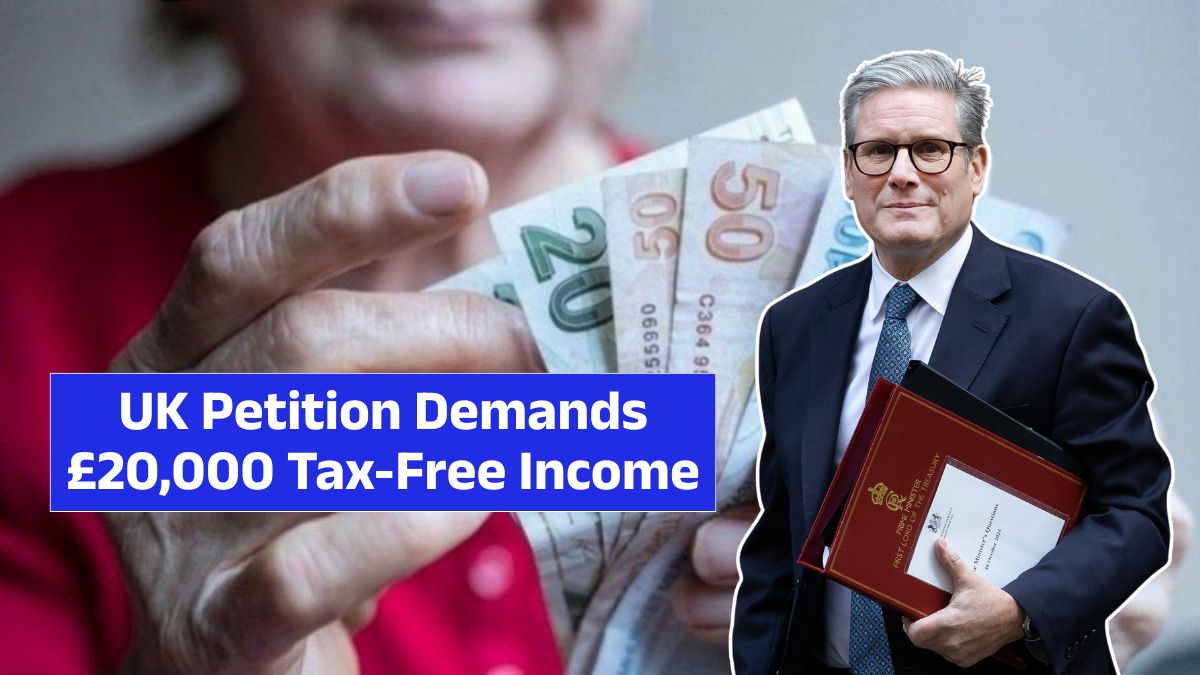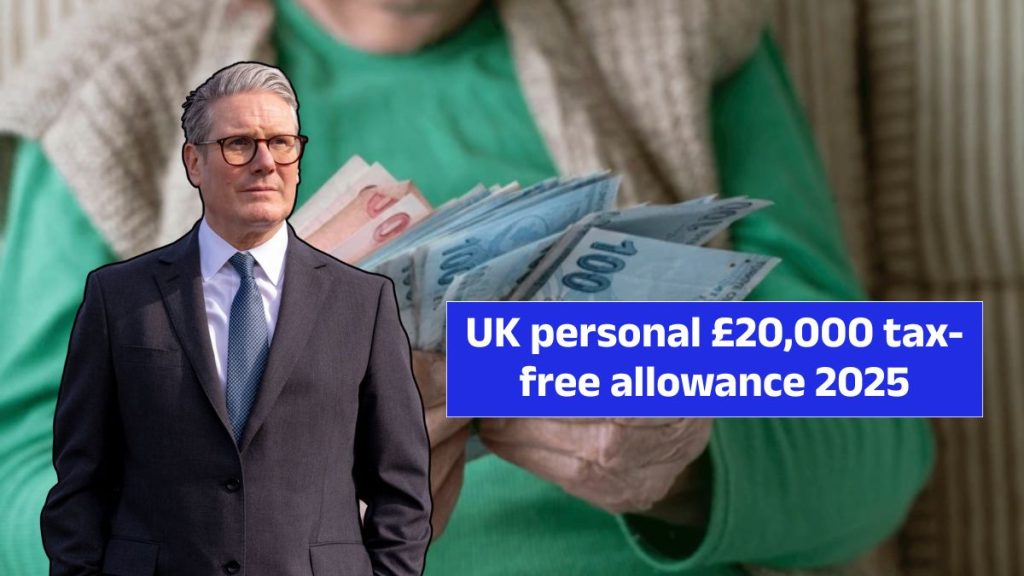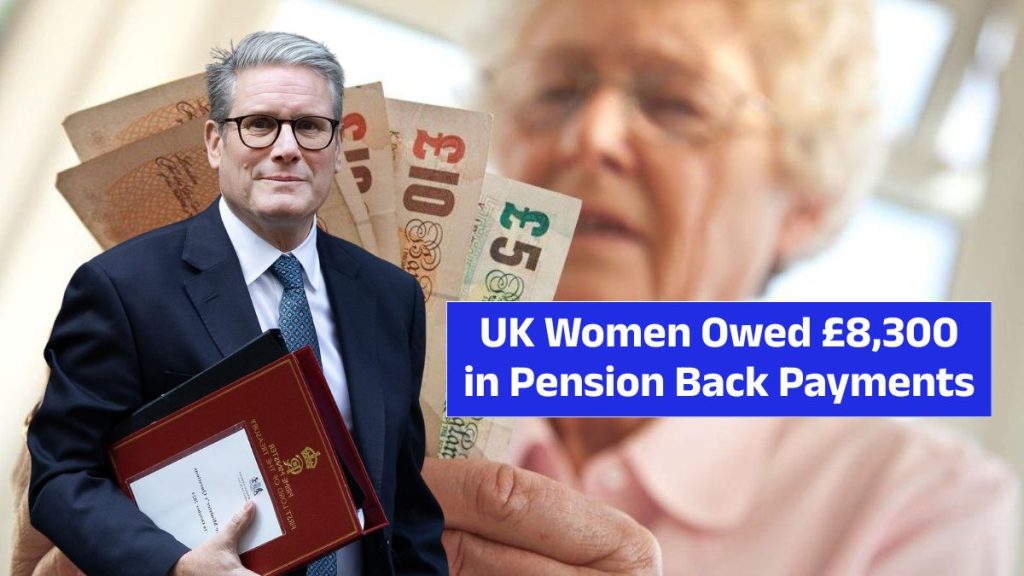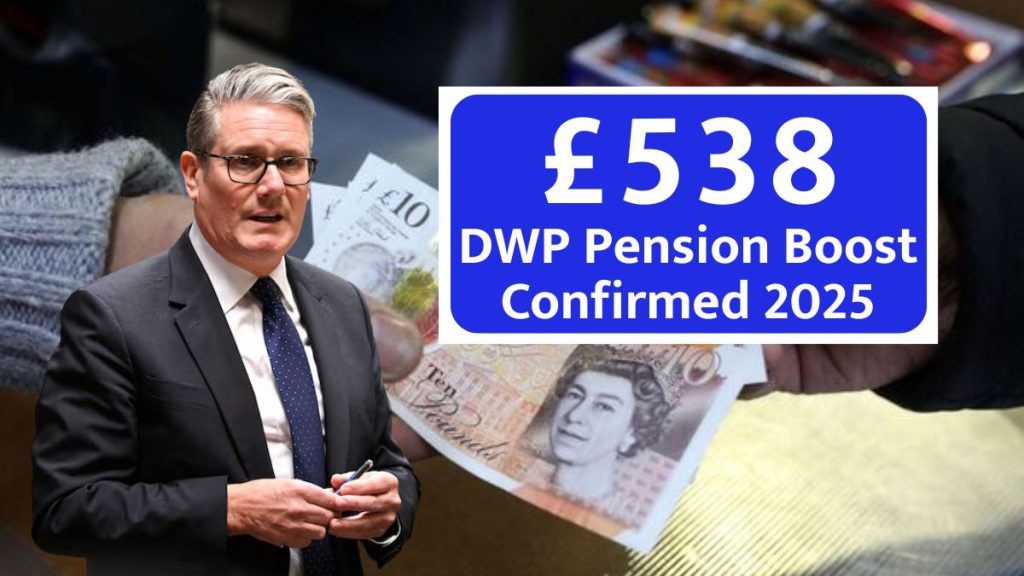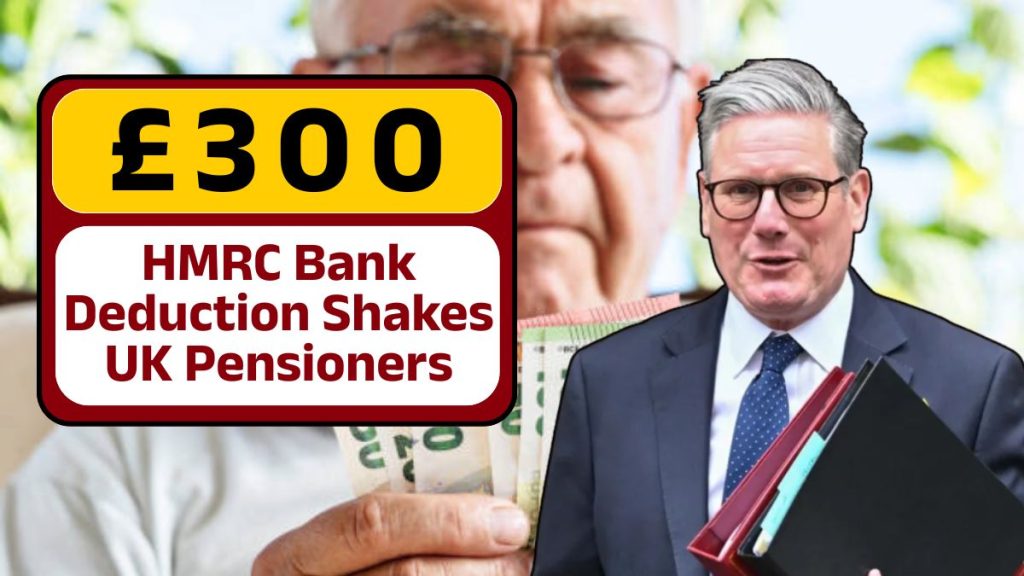The UK Government has announced a landmark tax change that will affect millions of workers, pensioners, and taxpayers from the next tax year.
From April 2025, the personal allowance – the amount of income you can earn before paying income tax – will increase from £12,570 to £20,000. This is the biggest rise in years, introduced to help households cope with rising living costs, energy bills, and persistent inflation.
But what does this really mean for your wages, tax bill, and household budget? Let’s break it down clearly.
What Is the Personal Allowance?
The personal allowance is the amount you can earn before you start paying income tax.
- In the current tax year, the allowance is £12,570.
- If you earn less than that, you pay no income tax.
- If you earn more, only the portion above that threshold is taxed.
By raising the allowance to £20,000, the Government ensures that workers and pensioners can keep more of their money, increasing disposable income without direct wage rises.
Why Has the Government Increased It?
The increase is a direct response to the cost-of-living crisis.
- Families are facing rising food costs, energy bills, and rents.
- Mortgage rates remain higher than in recent years.
- Inflation continues to squeeze household budgets.
By raising the allowance, the Government is effectively cutting taxes for millions, especially low- and middle-income earners, ensuring they keep more of what they earn.
How Much Could You Save?
The savings vary depending on your income level. Here are some examples:
- Earning £18,000 – Currently taxed on £5,430. From April 2025, you’ll pay no income tax at all, saving over £1,000 annually.
- Earning £25,000 – Currently taxed on £12,430. Under the new rules, you’ll only be taxed on £5,000, saving about £1,486 per year.
- Earning £35,000 – Taxable income falls from £22,430 to £15,000, saving around £1,486 annually.
- High earners (£100,000+) – Personal allowance tapers down after £100,000, so savings are limited.
The biggest winners are those earning between £15,000 and £50,000.
Impact on Part-Time and Low-Income Workers
Part-time workers and those earning modest salaries will feel the most benefit.
- Many workers on 20 hours a week at minimum wage will pay no income tax at all.
- Households with one partner in part-time work, often juggling childcare, will particularly benefit.
For low-income earners, this change provides crucial relief at a time when even small savings make a big difference.
What About National Insurance?
It’s important to note that this change only affects income tax.
- National Insurance (NI) contributions remain unchanged.
- Workers will still contribute NI on earnings above current thresholds.
- The Government has suggested future NI reforms may be considered.
For now, only income tax is impacted.
How Pensioners Benefit
Pensioners are among the main beneficiaries.
- If your total pension income is under £20,000, you’ll now pay no income tax at all.
- Those with higher pensions will also pay less tax overall.
For retirees on fixed incomes, this is a significant boost, freeing up cash for essential bills.
How Does the UK Compare Internationally?
With the new £20,000 threshold, the UK will have one of the highest tax-free allowances in Europe.
- Countries like Germany and France have lower cash allowances.
- While systems differ, the UK will stand out for its generous zero-tax earnings limit.
This could also make the UK labour market more attractive by boosting take-home pay.
Will It Affect Benefits Like Universal Credit?
Yes, in some cases.
- Universal Credit (UC) considers after-tax income when calculating payments.
- Since you’ll keep more money under the higher allowance, UC awards may reduce slightly.
- The Government has promised adjustments to ensure low-income families still benefit overall.
Checking your benefit entitlement after the change is advised.
Wider Economic Impact
Raising the allowance will affect more than just households.
- Families will have more disposable income, which could boost spending in local economies.
- Businesses may benefit from increased demand.
- The Treasury, however, will collect less income tax revenue.
The Government argues that the economic stimulus and relief for families outweigh lost revenue.
Who Gains the Most?
The change will benefit a wide range of groups, including:
- Full-time workers earning £18,000–£50,000.
- Part-time workers just above the old threshold.
- Pensioners with modest incomes.
- Families where one parent earns a low-to-middle salary.
Very high earners above £100,000 will see little change due to the phased withdrawal of the allowance.
Do Workers Need to Apply?
No. The change will be automatic.
- Employees will see the adjustment in their payslip via the PAYE system.
- Self-employed workers will benefit when filing their annual tax return.
No separate applications are required.
Will It Be Permanent?
The Chancellor has confirmed the £20,000 allowance will be a long-term measure, not a temporary fix.
However, future governments could review it depending on the economic climate.
FAQs on the £20,000 Personal Allowance
1. Will I get a refund for this tax year?
No, the higher allowance only applies from the next tax year onward.
2. Does this change affect National Insurance?
No. NI contributions remain the same for now, though reforms may be discussed in the future.
3. Will student loan repayments change?
Indirectly, yes. Since repayments are based on gross salary, they won’t reduce, but your take-home pay will increase.
4. Does it apply in Scotland?
Yes. Scotland has its own income tax bands, but the personal allowance is UK-wide.
5. How much more will pensioners save?
If pension income is below £20,000, pensioners will pay zero income tax, giving them substantial relief.
